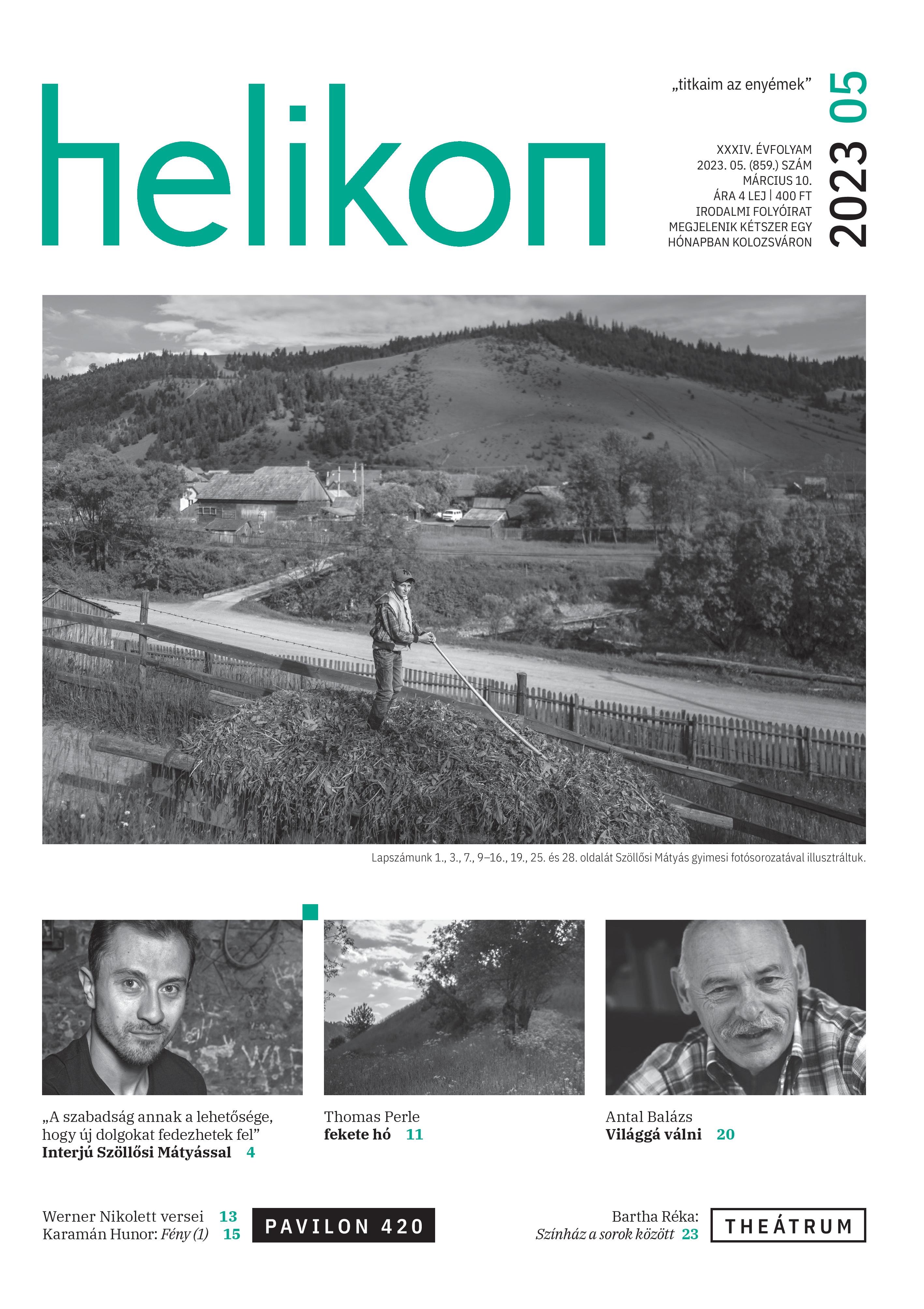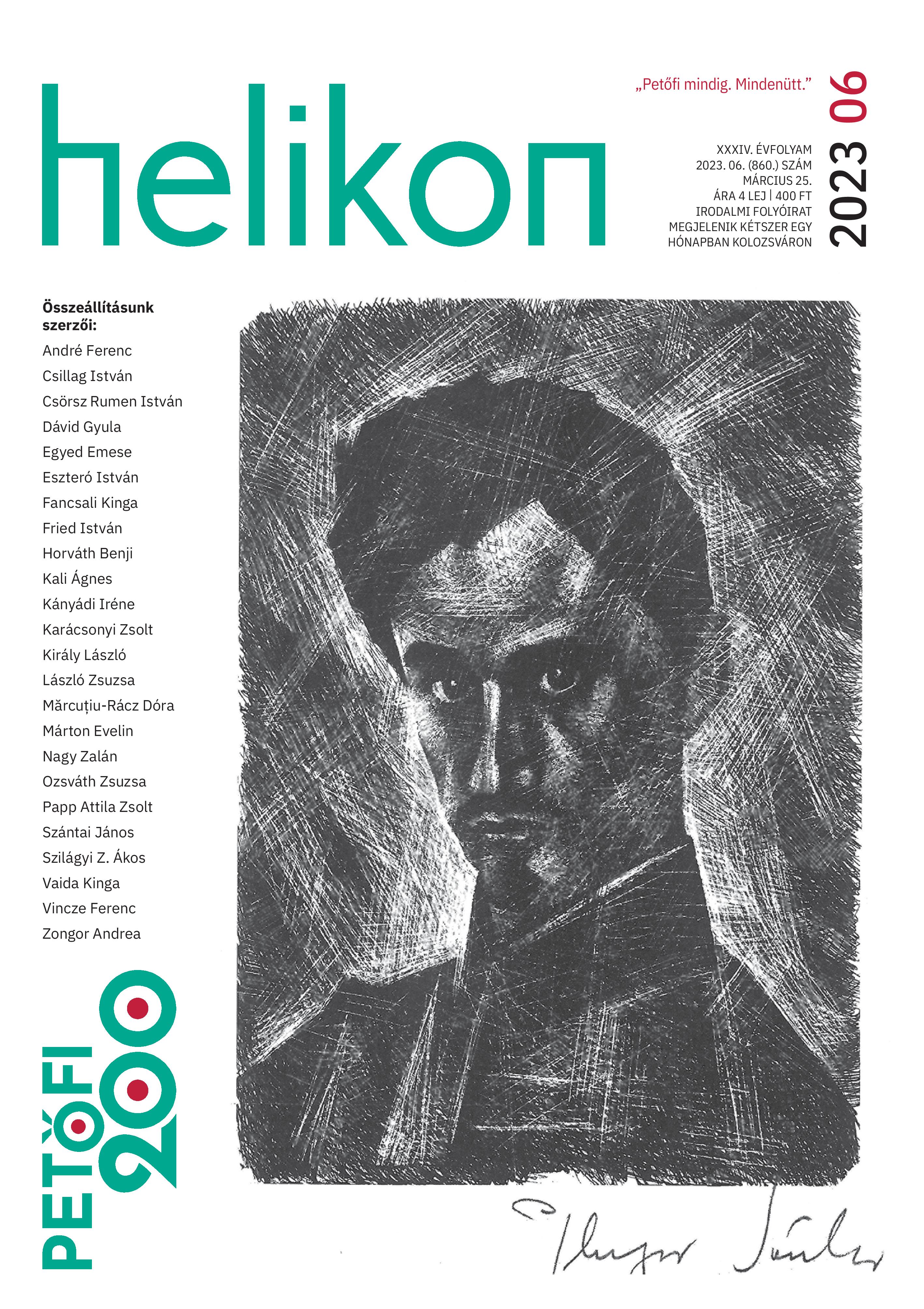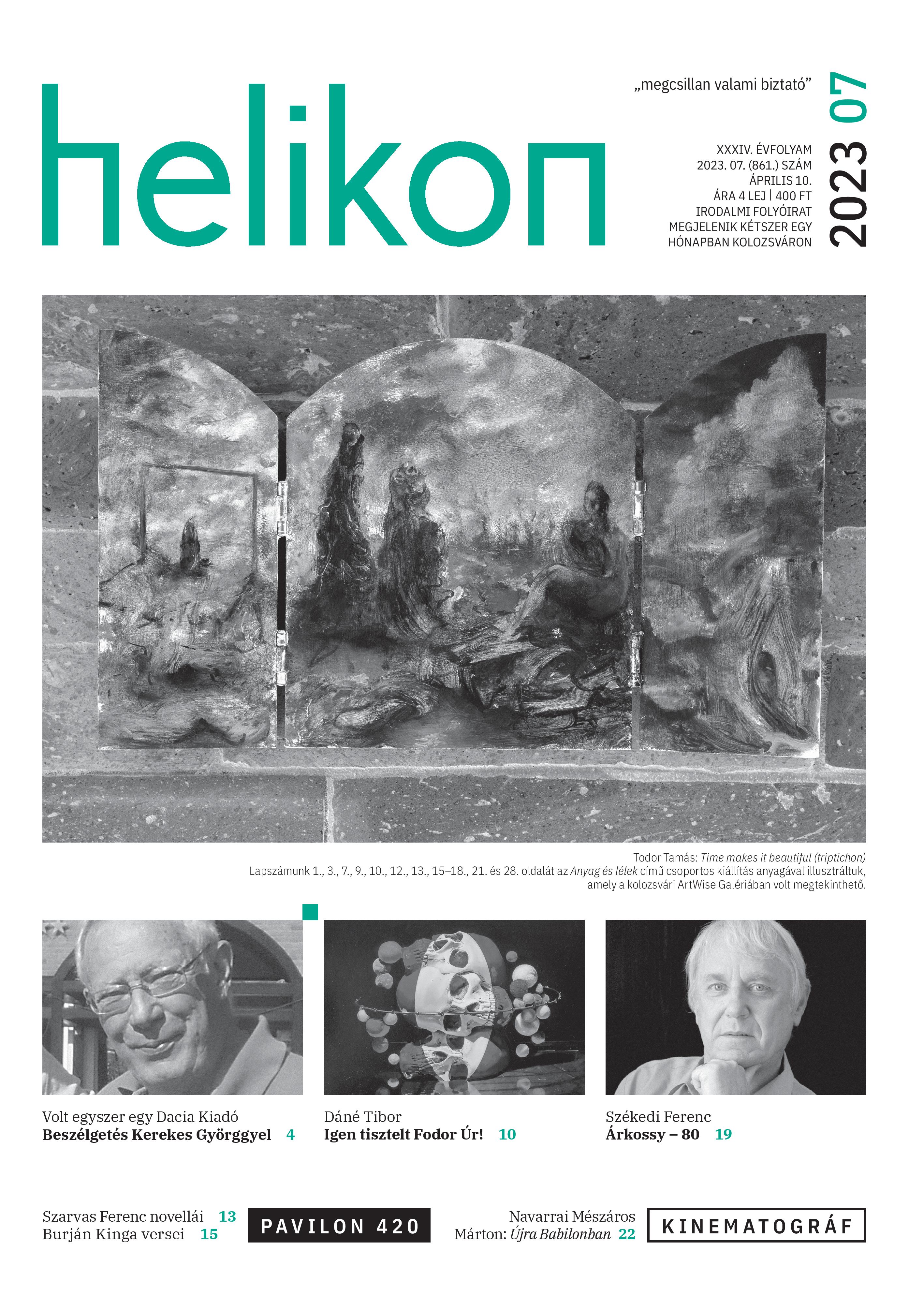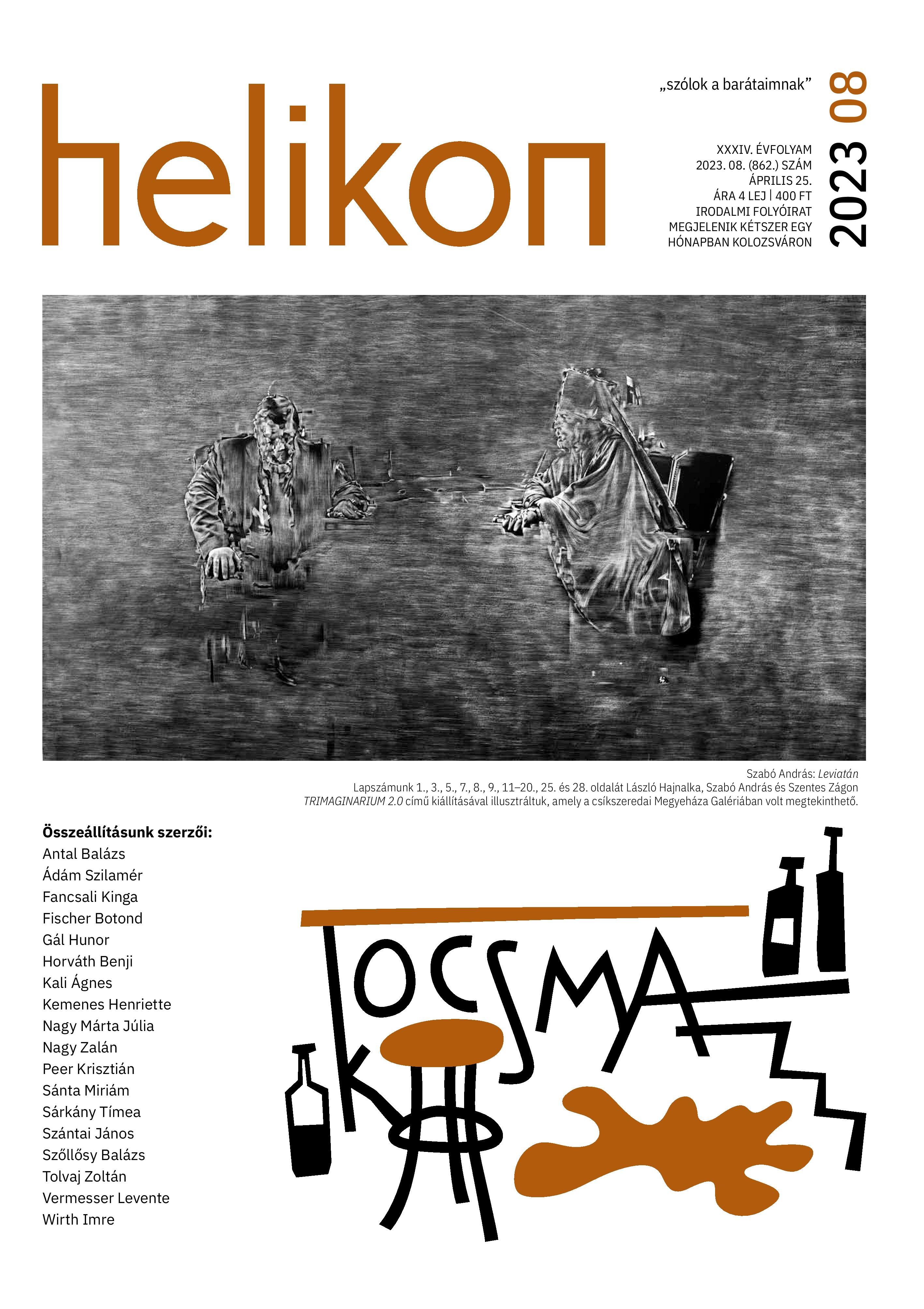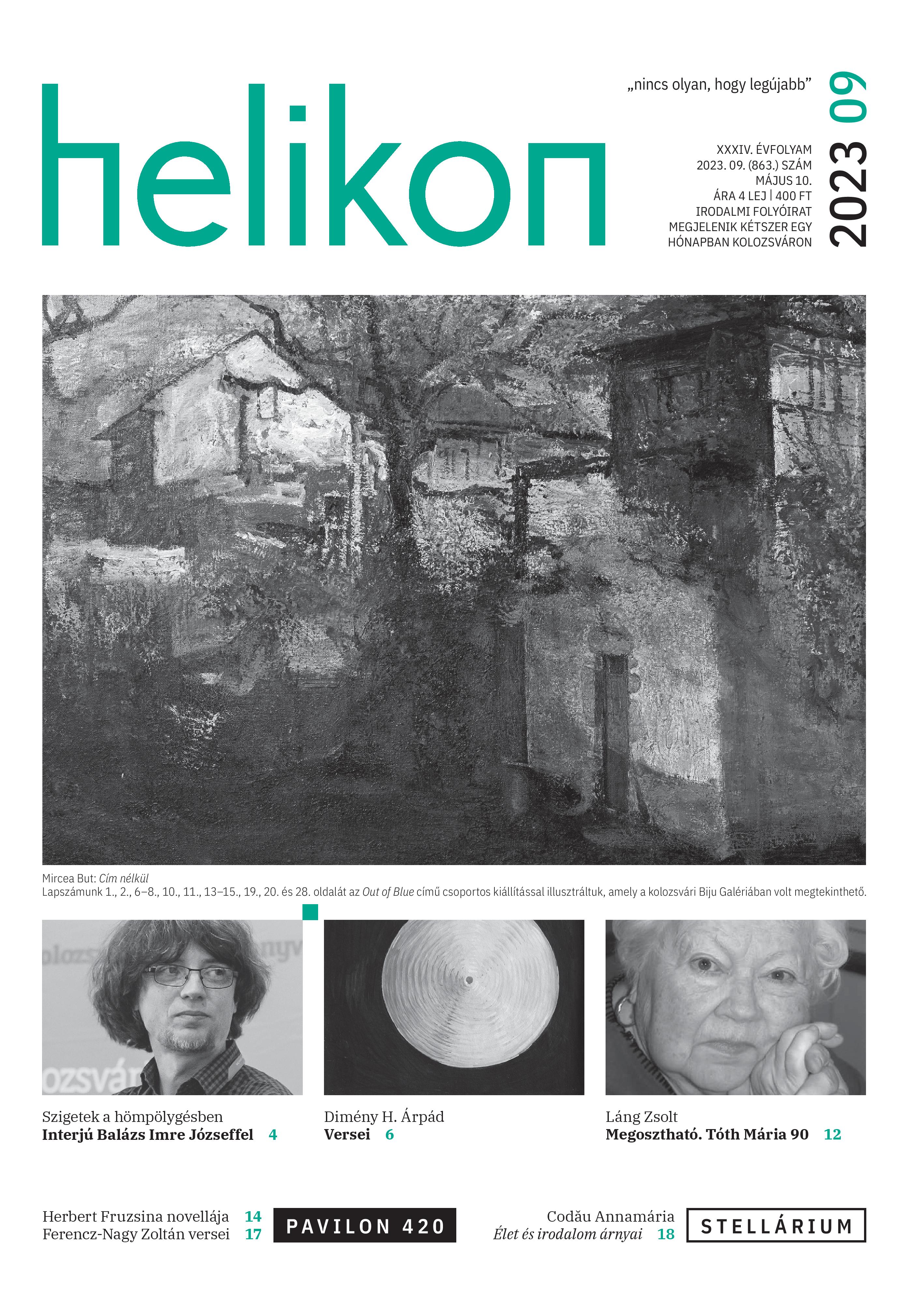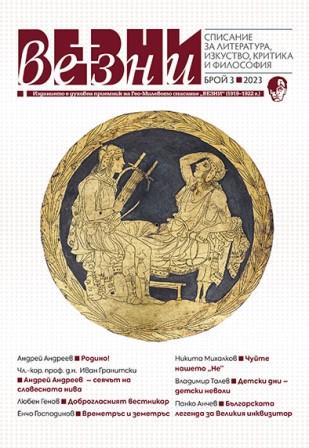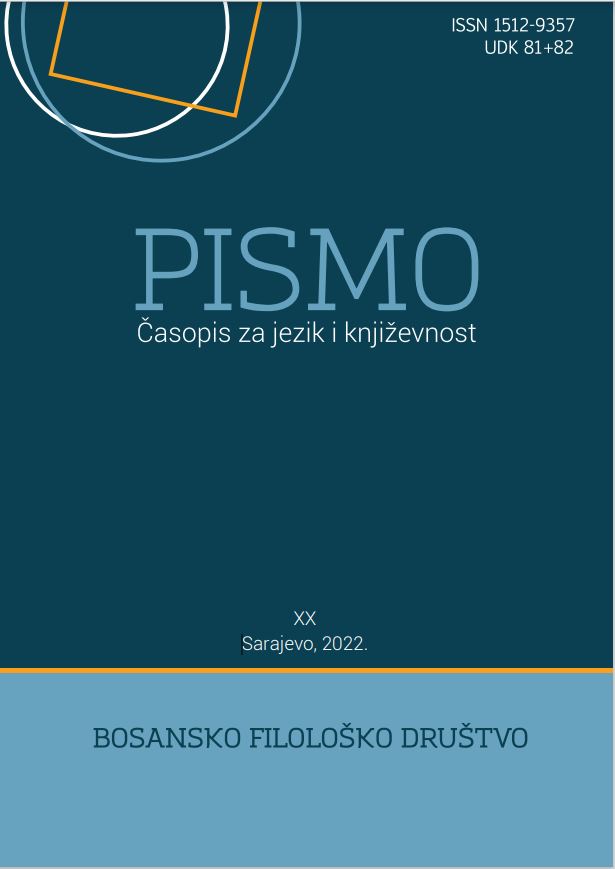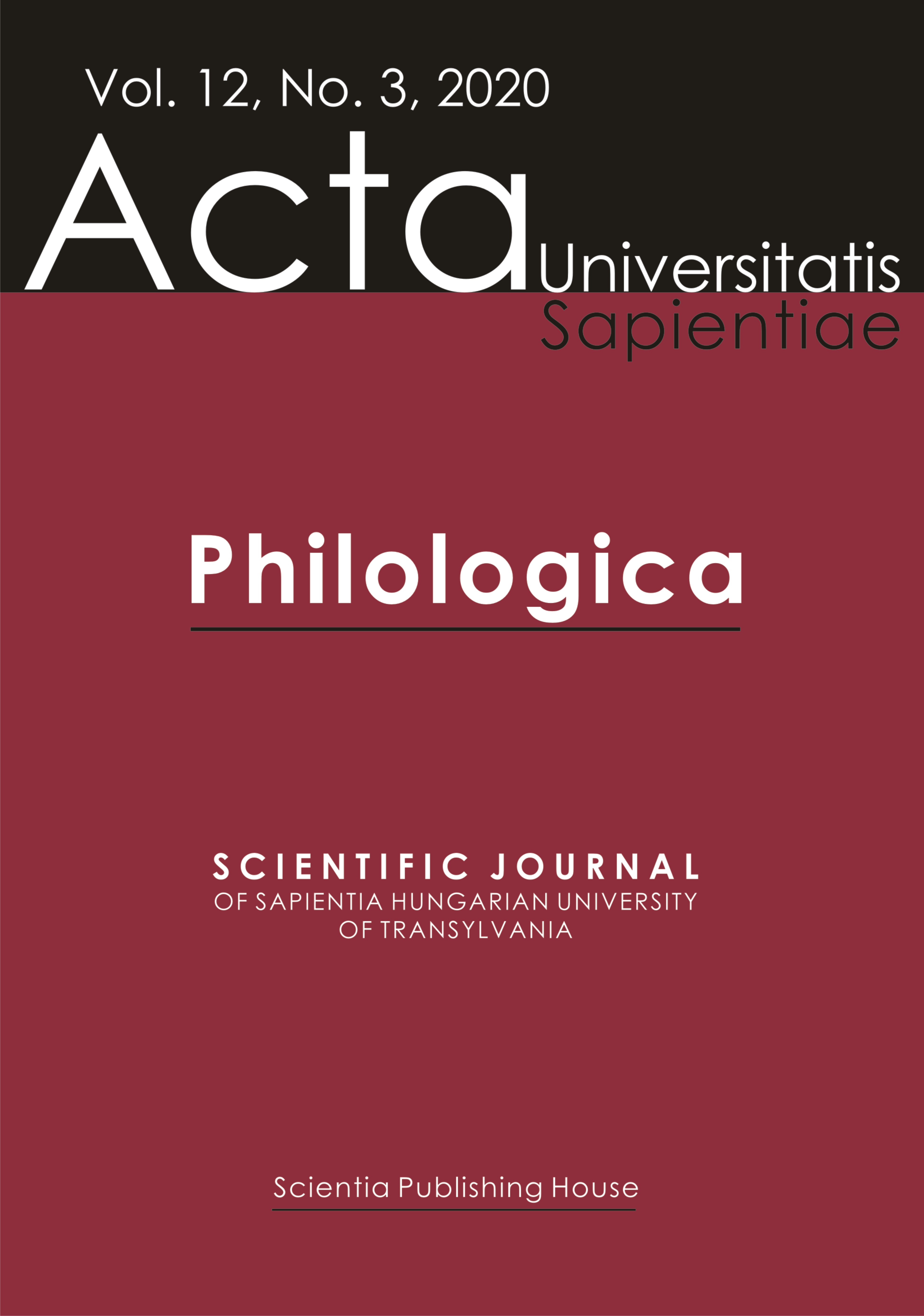
From Subversive Strategies to Women’s Empowerment
This paper discusses the potential of humour in understanding and deconstructing gender inequalities and analyses the representation of some feminist issues in two Spanish-speaking artists’ works. The theoretical framework explores the interpretation of laughter by feminist authors as well as different approaches of feminist humour in the context of cultural studies. The definition of humour presented here is that it can function as an open space where we can safely observe social structures and experiment with our imagination. In the second part of the paper, some examples from Quino’s comic series Mafalda and Flavita Banana’s vignettes are discussed. In the interpretation of these artworks, the paper highlights two types of feminist discourse and, specifically, of feminist humour. The first one, exemplified through Quino’s Mafalda, uses subversive strategies in order to expose social injustice and sexism. However, these strategies are sometimes still not able to propose an alternative to the existing status quo. The second type of feminist discourse and humour, characteristic of Flavita Banana’s art, also starts from depicting the consequences of patriarchy. However, her approach is not only subversive but also empowering and liberating, constructing a safe imaginative space through humour.
More...
